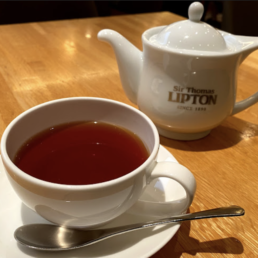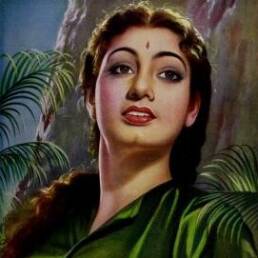Long before Rishi Sunak stormed into the British political landscape, about 138 years ago, a shipbuilding district in South West London cheered “Vote for Ghose” for an Indian man in the UK Parliament election. But who is this mysterious Ghose?
Ghose was a pioneer in his field. He was born in 1849 in the Bengali hamlet of Krishnanagar and grew up to become a barrister with a deep interest in politics and was among the early members of the Indian National Congress. His name was Lalmohan Ghosh.
Due in large part to his time spent studying in London, he was passionate about the value of Western education in bringing Indians together as a country. He strongly argued to the Congress in Madras for the implementation of a national primary education policy in India.
In order to adequately represent the Indian voice of the civil side in England, the Indian association chose Lalmohan Ghosh to serve as the delegate for the UK. And that was the beginning of Babu Lal Mohun Ghose’s journey to the political landscape of England.
His startling speeches on the status of affairs in his native country and eloquent arguments representing the Indian demography at various locations in London attracted large crowds, and the elites of society praised him for his exquisite English and oratory skills.
In particular, he impressed the liberal ranks of the parliament. So much so that, in 1885, from the Deptford constituency, a stronghold of the radical working class, he soon ran for parliamentary office in the Liberal interest. History was in the making.
Ghose became the first Indian to run for a seat in the British Parliament. Sadly, despite collecting 47.5% of the vote, he lost to the much experienced conservative candidate William John Evelyn by a slim margin of 367 votes.
Indomitable Ghose ran for the Liberal Party’s seat again the following year, but despite receiving a lot of support from sympathetic voters, he was again defeated by W.J. Evelyn by a margin of 627 votes.
Ghose’s exit was unfortunate, but he undoubtedly ignited the atmosphere on election day. Both candidates’ supporters gathered in Deptford town, which was covered in placards and throngs of people.
On election day, it was an incredible scene to witness a native Indian contestant go up head to head against a more seasoned British opponent. Together with his daughter and other women, Ghose rode across the town on a carriage waving to the crowd.
Although Evelyn received less votes than he did the year before, Ghose still lost that day despite enjoying greater street popularity. Liberal votes were split, and as many liberals chose not to vote on that day, so Ghose was let down.
Until Lalmohun Ghose, it was inconceivable that a person from South Asia with dark skin, who was not Christian, would travel to England and run for a seat in the Parliament. Until Lalmohun Ghose, a town never cheered for a ‘native man’ against one of their own.
History often doesn’t remember the failures. Even though he was unsuccessful on both occasions, this opened the door for Dadabhai Naoroji to be chosen for the parliament a few years later. Yet, Lalmohun Ghose is a largely forgotten figure today.
His obituary in the Daily News (London) reads as “the most accomplished political speaker that India has sent to this country. A man of remarkable gifts, Mr. Lalmohun Ghose might in happier circumstances have carved out a greater career for himself.”
Source:
Romesh Chunder Dutt, Three Years in Europe, Calcutta: SK Lahiri.
Keka Bose, LALMOHAN GHOSH AND THE EMERGENCE OF INDIAN NATIONALISM, Proceedings of the Indian History Congress, https://www.jstor.org/stable/44142655
Lalmohun Ghose, Speeches by Lalmohun Ghose, (Editor: Asutosh Banerji), Thacker, Spink
Image attributes
Credit to Caroline’s Miscellany, https://carolineld.blogspot.com/2011/01/lal-mohun-ghose.html?m=1 (illustration from Graphic, July 1886)




